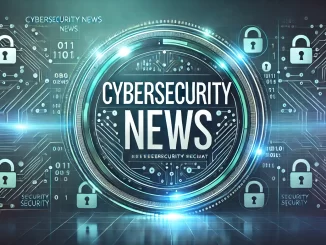
Cybersecurity professionals are increasingly losing trust and control over their current detection tools as the volume of cyberattacks continues to rise. This trend is evident in a recent study by cybersecurity vendor Vectra AI, which found that 60% of security operations center (SOC) practitioners believe vendors are flooding them with “pointless alerts” to avoid accountability in case of a breach. Additionally, 47% of respondents expressed a lack of trust in their tools’ effectiveness, highlighting the overwhelming number of security alerts that leave them concerned about missing actual attacks.
The study polled 2,000 security professionals worldwide and revealed that 71% are worried about missing an actual attack while 51% say they cannot keep up with the growing number of security threats. Furthermore, 52% of respondents stated that their security tools actually add to their workload rather than reduce it. The overwhelming majority, 73%, have implemented at least 10 security tools, with 45% having more than 20 tools in place.
The frustration with current threat detection tools is evident, with 60% of respondents believing vendors are pushing for tools that generate too many alerts to skirt accountability. In addition, 71% of SOC practitioners estimate they spend more than two hours a day sifting through and triaging security events. About half describe their security tools as a hindrance rather than an aid in identifying actual cyberattacks, highlighting that they can only handle 38% of alerts they encounter, despite only 16% being classified as “real attacks.”
To address these challenges, many are turning to artificial intelligence (AI). A significant 89% plan to use more AI-powered tools over the next year to replace legacy threat detection and response applications. Additionally, 85% noted that their investment in AI and AI deployment had increased in the past year, with 67% describing the technology’s impact on their ability to identify and manage threats as positive.
AI has also helped reduce workload for 75% of respondents in the past year and reduced feelings of burnout for 73%, according to the study. However, trust needs to be rebuilt, and vendors must demonstrate how they add value beyond just the technologies they sell. As the market saturates with tools claiming ‘AI’ capabilities, practitioners need to identify which solutions truly cut through the noise and add real value.
In summary, cybersecurity professionals are increasingly frustrated with their current threat detection tools and are turning to AI for possible solutions. The integration of AI is seen as a positive step in streamlining the process and reducing alert fatigue, but it also requires vendors to show how they add value beyond just the technologies they sell.




Be the first to comment